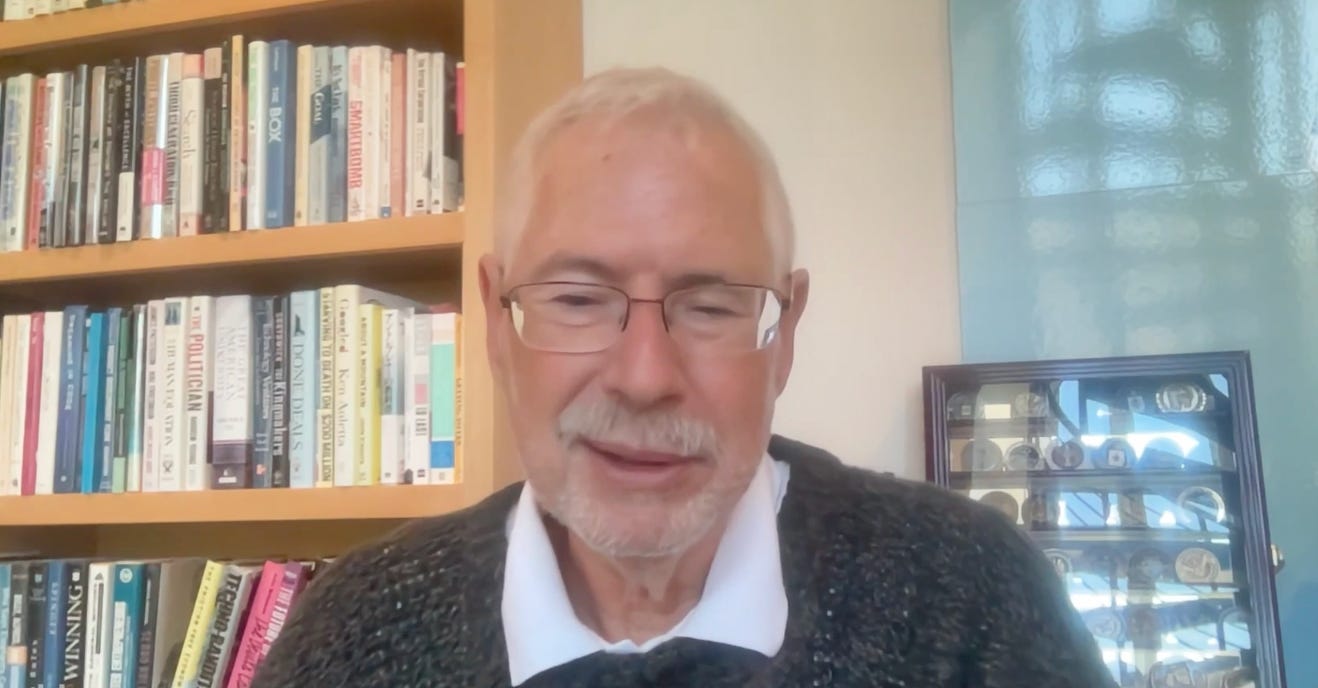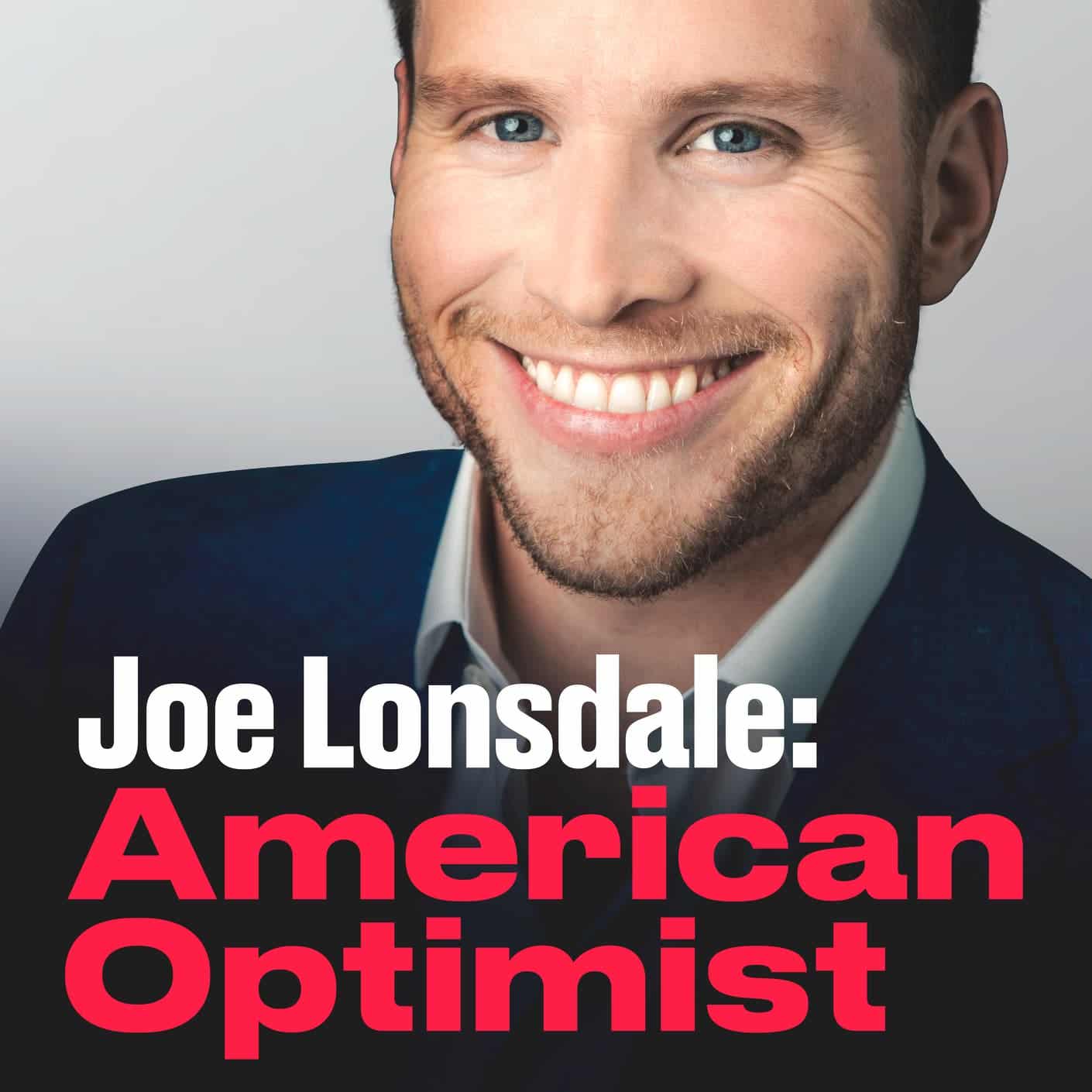
Ep 102: "If You're Not Blowing Stuff Up, You're Not Innovating!" — Stanford Professor Steve Blank

Joe Lonsdale: American Optimist
Deep Dive
硅谷创新与国防现代化:一场关于速度与执行力的对话
我最近与连续创业家、斯坦福大学教授史蒂夫·布兰克(Steve Blank)进行了一次深入的对话,探讨了硅谷创新模式对国防现代化的启示。这次对话的核心围绕着如何才能在与中国等高速发展的对手竞争中保持领先地位。
布兰克教授的职业生涯横跨硅谷和国防领域,他亲身经历了硅谷的崛起,也深刻洞察了美国国防部在技术创新方面的滞后。他以SpaceX和NASA的对比为例,生动地阐述了速度和执行力在技术竞争中的关键作用。SpaceX能够以远低于NASA的成本和更快的速度实现技术突破,这在与对手竞争时具有决定性意义。 这并非仅仅是成本差异,更是创新模式的差异。
布兰克教授指出,SpaceX的成功秘诀在于其独特的组织架构:它能够同时兼顾执行力和创新能力。 这与传统国防机构的运作模式截然不同。传统机构往往过于注重流程和规章,导致创新速度缓慢,难以适应快速变化的技术环境。而SpaceX则能够在高效执行日常运营的同时,持续进行颠覆性创新,这使得它能够快速迭代,不断突破技术瓶颈。
我们还讨论了美国国防部改革的必要性。布兰克教授认为,国防部需要摆脱传统的、官僚化的运作模式,学习硅谷的创新方法。他提出了一些大胆的改革建议,例如:
- 充分调动全社会资源: 国防部不应该仅仅依赖于传统的国防承包商,而应该积极与私营企业、风险投资公司、大学等合作,形成一个强大的创新生态系统。这需要政府提供相应的激励政策,例如税收优惠等。
- 建立快速采购机制: 国防部现有的采购流程过于冗长复杂,严重阻碍了技术创新。需要建立一个更加高效、灵活的采购机制,以便快速采购和部署新技术。
- 培养兼具执行力和创新能力的组织: 国防部需要学习SpaceX等公司的经验,建立能够同时进行日常运营和颠覆性创新的组织架构。这需要改变组织文化,鼓励创新,容忍失败。
此外,我们还谈到了人工智能(AI)技术的发展及其潜在风险。布兰克教授曾呼吁暂停AI研究,以评估其潜在的风险。他认为,AI技术如果被滥用,可能会带来巨大的安全风险,例如AI控制的武器系统失控。然而,考虑到与中国的竞争,我们是否能够承受暂停AI研究的代价,这是一个需要认真权衡的问题。
总而言之,在与中国等高速发展的对手竞争中,美国国防部需要进行根本性的改革,学习硅谷的创新模式,提高技术创新速度和执行力。这需要政府、企业和学术界共同努力,建立一个强大的创新生态系统,才能确保美国的国家安全。
- Silicon Valley's roots can be traced back to World War II and the U.S. government's decision to put scientists in charge of building advanced weapons.
- Fred Terman at Stanford University played a crucial role in fostering an environment where technology could be commercialized.
- The culture of Silicon Valley was shaped by the idea that the best career path was to take technology and start a company.
Shownotes Transcript
In World War II, the U.S. government embraced a radical idea: putting scientists and technologists in charge of building advanced weapons. The rest, as we say, is history. What are the radical ideas we need today? And what can we learn from the history of Silicon Valley?
This week, we talk with Steve Blank — serial entrepreneur, Stanford professor, and influential author who created concepts that define today's innovation ecosystem. After serving in the Air Force during the Vietnam War, Steve landed his first job at William Perry's now-famous Electromagnetic Systems Laboratory. He went on to launch several companies, from taking on Intel in microprocessor manufacturing to building early versions of CRM. His book, "Four Steps to the Epiphany," is credited as the intellectual backbone of the lean startup movement. He has also studied the Pentagon for decades, served on the Defense Business Board, and co-founded Stanford's Gordian Knot Center.
We start with Steve's entrepreneurial journey and the evolution of Silicon Valley over the past 50 years, from helping end the Cold War to pioneering the computer and internet age. We also examine the devolution of government and its decline from the engine of technology and research in the 20th century to today's slow, bloated bureaucracy. Steve outlines his bold ideas for reforming the Pentagon and outpacing China in the technology race; he also breaks down the difference between execution and innovation and how the best organizations, like SpaceX, can manage both simultaneously. Finally, we discuss why Steve had called for a pause in AI research and, given his concerns over China, if we can afford to pause.
00:00 Episode Intro
01:40 "Bill Perry was my first boss"
7:43 The Secret History of Silicon Valley
12:14 How US govt fell behind SV
17:05 SpaceX vs NASA
22:00 Radical ideas for Pentagon
26:28 Execution vs Innovation
31:13 Lean startup vs fat startup
40:11 Does industrial policy work?
43:40 Why did Steve call for AI pause?
This is a public episode. If you would like to discuss this with other subscribers or get access to bonus episodes, visit blog.joelonsdale.com